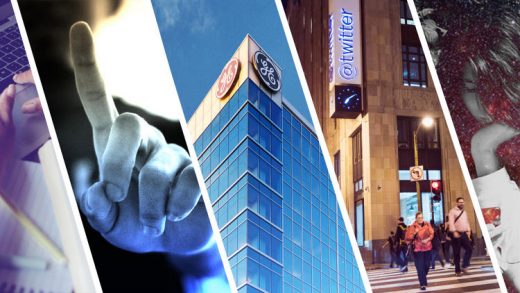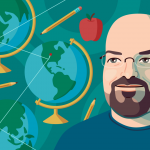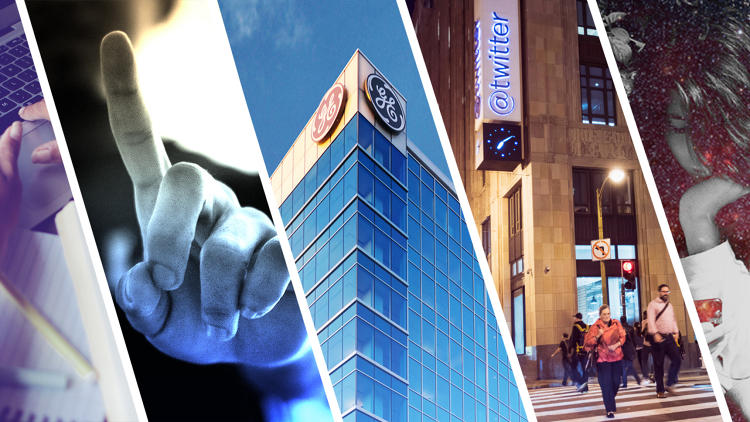From Arguing With Your Boss To How GE Hires: This Week’s Top Leadership Stories
This week we learned what to write in emails to networking contacts so they won’t ignore you, why GE is rethinking which kinds of job candidates it considers “qualified,” and why winning an argument with your boss may be no better than losing it.
These are the stories you loved in Leadership for the week of December 5:

1. The Only Three Networking Emails You Need To Know How To Write
You recently scored someone’s business card, and now you’re ready to shoot them a note—only you’re worried they might not remember you. Don’t be, one expert urges. The fastest way to screw up your next move is by starting your email with, “Hi there, you might not remember me, but . . . ” Here’s how to get it right.

2. The Emotionally Intelligent Person’s Guide To Disagreeing With Your Boss
Not all conflict is bad, and sometimes a constructive difference of opinion is just what you and your manager need. But as one psychologist points out this week, your goal isn’t necessarily to win the dispute. “Emotionally intelligent people,” Dr. Tomas Chamorro-Premuzic explains, “notice when they reach their limits of persuasion and give up before the argument escalates.”

3. What This GE Exec Is Hiring For In 2017 (And Why)
GE is working hard to flatten its organization, take more risks, and streamline the way the company operates. To do that, says SVP of global operations Shane Fitzsimons, it’s taking a fresh look at its workforce. “We’re more likely than we’ve ever been to hire someone who fits our culture and shows promise,” he explains, “even if they aren’t traditionally ‘qualified.'”
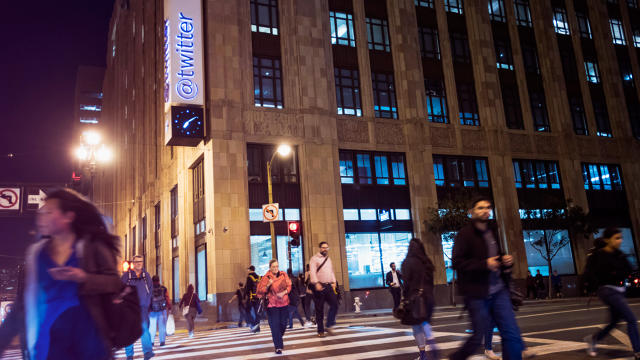
4. Why It Matters For Tech Companies To Release Diversity Data On Time
Twitter and Pinterest haven’t released comprehensive updates on their internal demographic data for around 16 months, a delay that comes amid stalled progress for diversity in tech. Both companies say they’re retooling their efforts and remain committed, but one Fast Company editor asks whether their long silence helps that cause: “Isn’t failure (and transparency around it) a rallying cry in Silicon Valley—a call to action, not a reason to add more time to the clock?”

5. Your Brain Is Underwhelmed—Here’s How To Reinspire It
Can watching YouTube videos about the universe or microbiology encourage your brain to make better long-term choices? Actually, it might, says one expert. The experience of awe—as distinct from happiness or joy—has been linked by researchers to more altruistic decision making. And best of all, you may not need to hike the Grand Canyon to induce it.
These are the stories you loved in Leadership for the week of December 5.
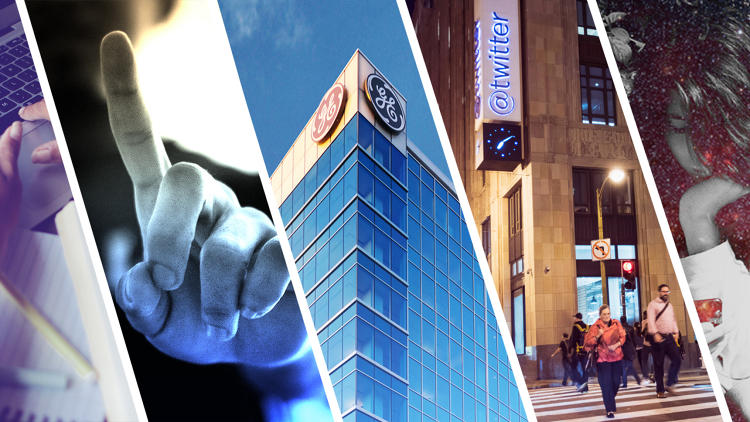
Don’t blow it with, “Hi there, you might not remember me, but . . . “

You have to know when you’ve maxed out your powers of persuasion. Winning isn’t everything.

As the company looks toward 2017, it’s rethinking what it considers a “qualified” job candidate.

With Twitter and Pinterest delaying new stats, one writer argues that transparency means sharing bad news, too.
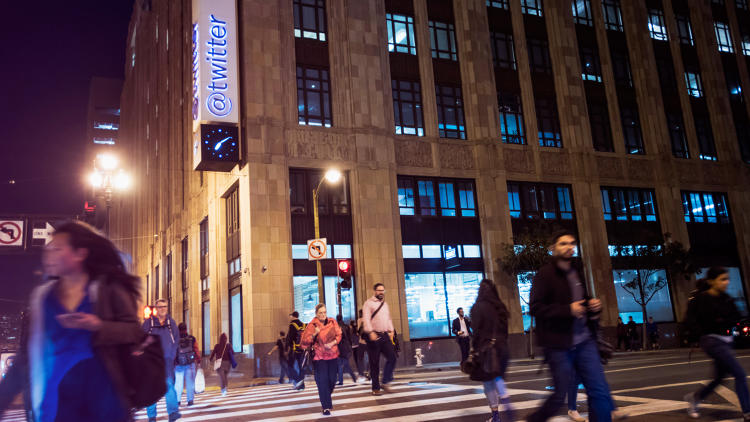
Can watching YouTube videos about the universe help your brain to make better choices? Maybe.

Fast Company , Read Full Story
(15)

